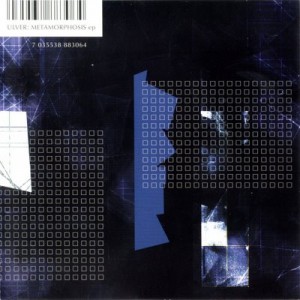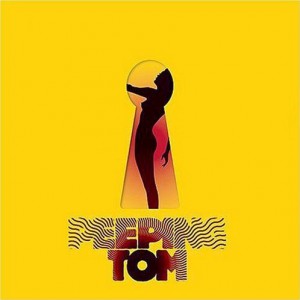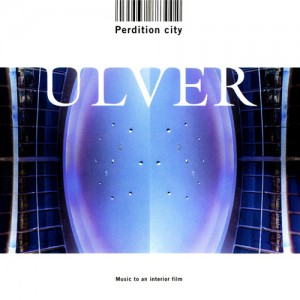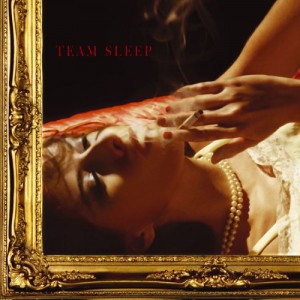Ulver Metamorphosis Review
General Information:
Artist: Ulver
Album: Metamorphosis
Genre(s): Ambient, Electronic, Trip Hop
Subgenres(s): Dark Ambient, Trance
Released: 1999
Length: 25 minutes
Language(s): English
Label(s): Jester Records
Track List:
01. Of Wolves and Vibrancy
02. Gnosis
03. Limbo Central (Theme from Perdition City)
04. Of Wolves and Withdrawal
Ulver Metamorphosis Review
Metamorphosis is the first EP by Ulver. Following the release of the diverse “Themes from William Blake’s The Marriage of Heaven and Hell” double album a year earlier, Metamorphosis acts as both a stepping stone in the bands musical legacy and as a statement to their fans – more specifically the fans of their metal albums who didn’t like Ulver’s change in direction. Before you get to the music you can find a message in the CD case stating that “Ulver is obviously not a black metal band and does not wish to be stigmatized as such…” to try and cut ties with the heavy metal community as it becomes quite evident that they no longer want to play metal or be associated with the scene any longer since the Themes album apparently didn’t send a clear enough message.
In the event that the written message got overlooked Ulver went out of their way to shake off any lingering detractors and made it as clear as possible by writing an all-out trance song called Of Wolves and Vibrancy to start the EP. After starting with some moody ambience the song proves to live up to its name when it kicks into life and since it is the only trance song in their catalogue, it gives the distinct impression of being a statement to further separate them from the heavy metal scene.
Another twist comes with the second song, Gnosis, which combines dark ambient with trip hop and features lyrics from Bad Blood, a poem by the French author Rimbaud. For Ulver’s take on the poem it is sung entirely in English by Kristoffer Rygg who worked under the pseudonym Trickster G. on this EP. It is the only song to contain any vocals and Limbo Central (Theme from Perdition City) is another trip hop song with a more abrasive and experimental edge. As implied by the songs subtitle, this is the genre that would be embraced on their next album, Perdition City.
Of Wolves and Vibrancy is an up tempo song, as implied by the name, so it follows on that Of Wolves and Withdrawal would be subdued in comparison. This proves to be true as Ulver crafted a 9 minute dark ambient song that is nearly impossible to hear unless you turn your speakers all the way up. You half expect a sudden dramatic shift in sound that will deafen you because of this as well as the eerie nature of the song, which doesn’t do you any favours in this respect. The song ebbs along slowly and proves to be a convincing effort but the decision to make the recording so quiet for one song is still questionable.
There aren’t any stepping stones between Ulver’s black metal/folk era and their Themes album so in this instance the Metamorphosis EP gives the listener an opportunity to look at their transformation and embracement of electronically produced music. If nothing else this EP, which spans 3 distinct genres, proves that Ulver are more like chameleons than their namesake (wolves in Norwegian) at this point in their career.
Performers:
Trickster G: Various instruments
Tore Ylwizaker: Various instruments
Havard Jorgensen: Various instruments
External Links:
Ulver Homepage
Ulver on Wikipedia
Metamorphosis on Wikipedia



